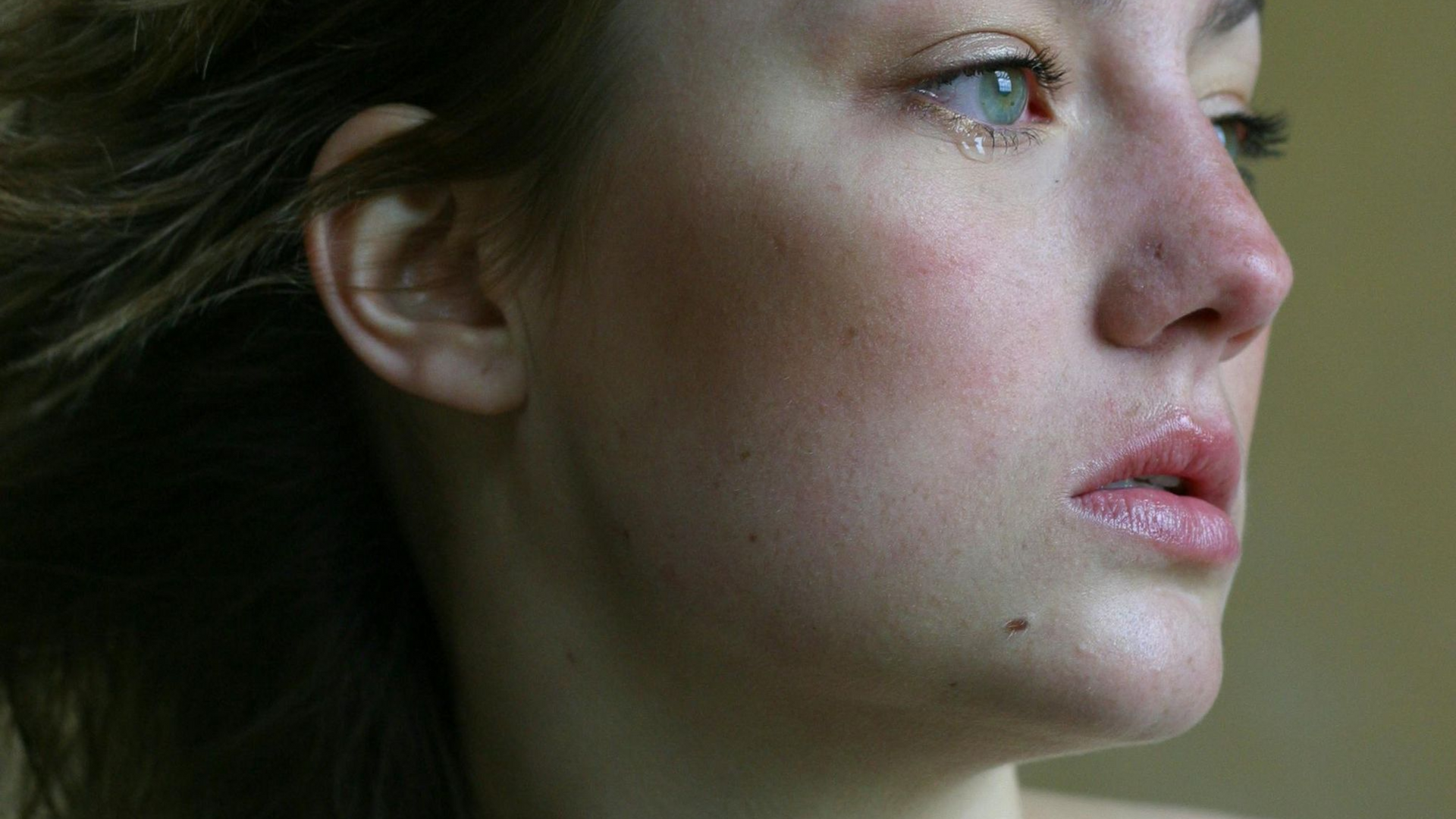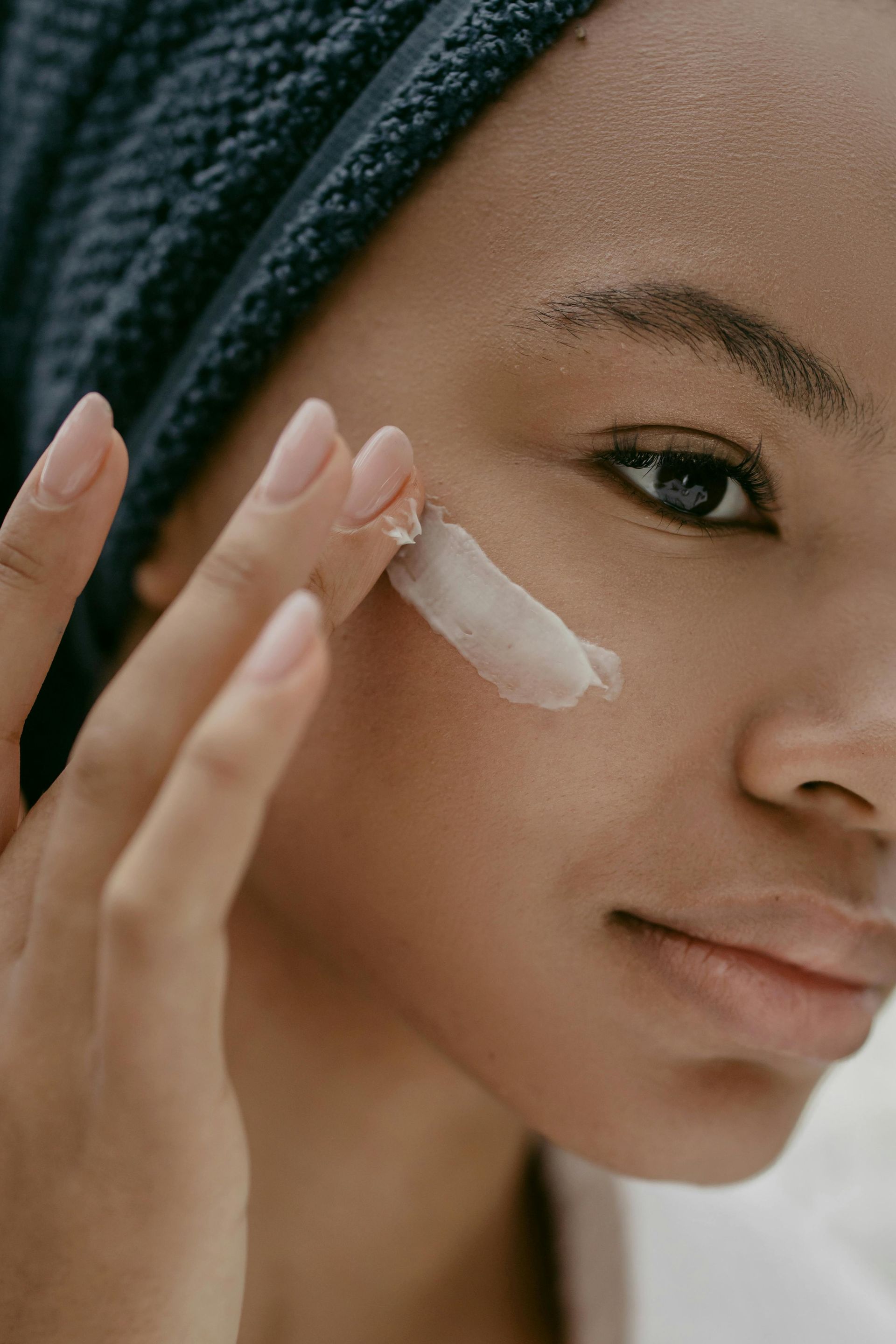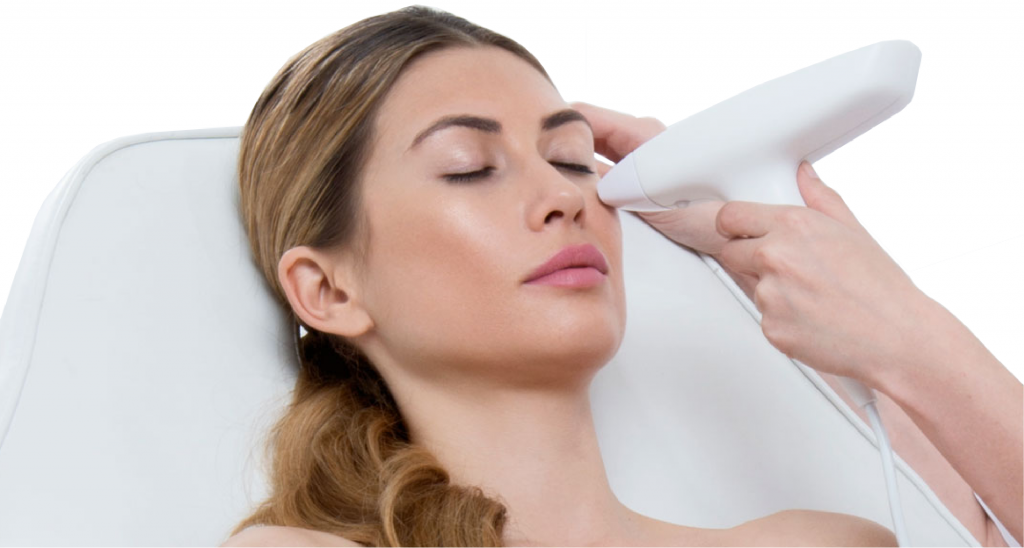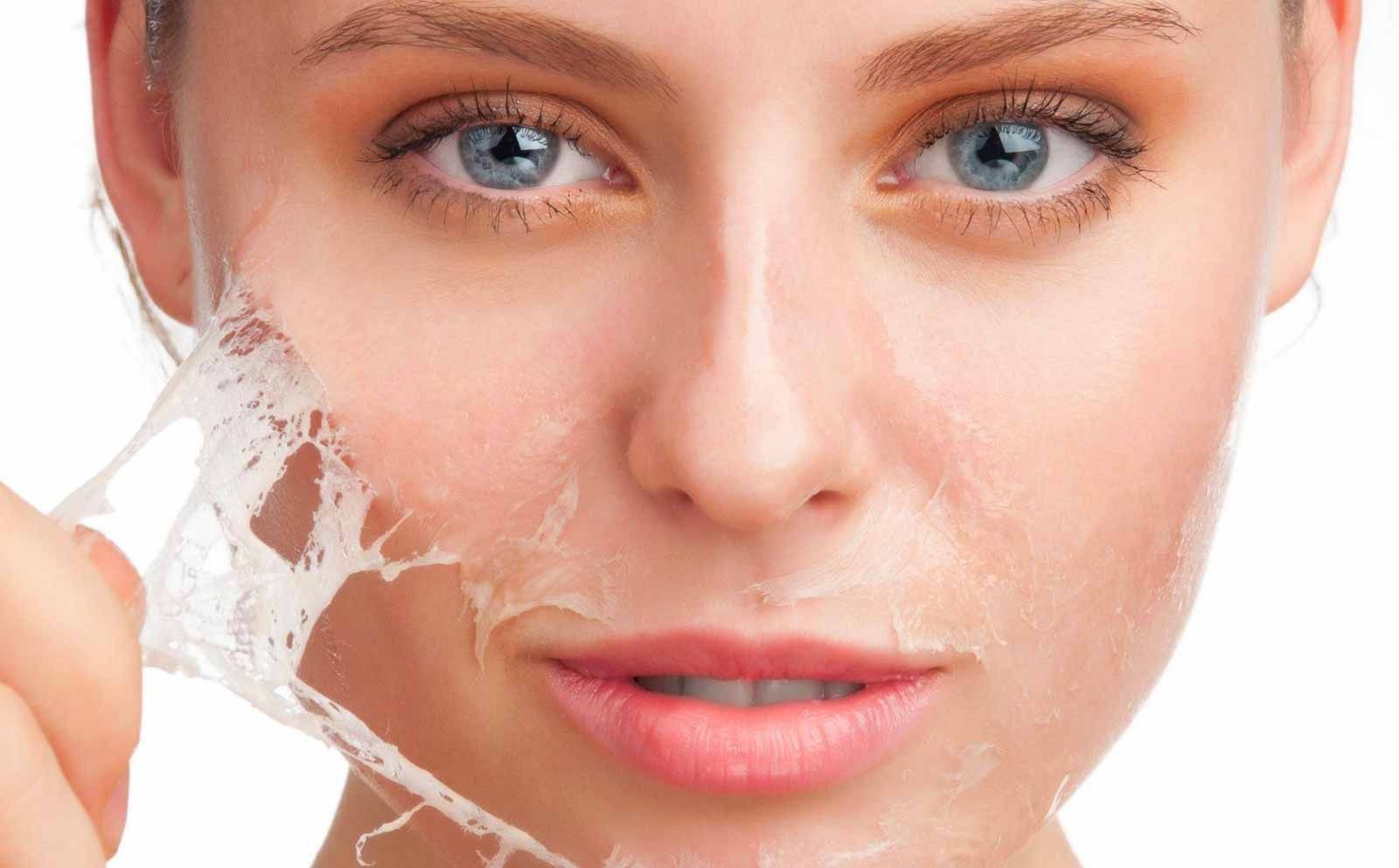How Stress, Sleep and Hormones Impact Your Skin
Because your skin reflects what’s happening beneath the surface.

Your Skin and Your Lifestyle: A Close Connection
We often think of skincare as creams, serums, and treatments — but what happens inside the body has just as much impact on the way our skin looks and feels.
Stress, sleep and hormones are three powerful internal factors that influence everything from your skin’s glow to its sensitivity and ability to heal.
1. Stress: When Your Skin Feels It Too
When you’re under ongoing stress, your body releases more cortisol, a hormone that helps you respond to challenges — but too much for too long can disrupt your skin’s natural balance.
High cortisol levels can:
- Increase oil production and trigger breakouts
- Slow down wound healing
- Weaken the skin barrier, making it feel more reactive or sensitive
- Contribute to redness, dullness or flare-ups of conditions like eczema
Chronic stress can also impact your sleep and digestion — creating a ripple effect that shows up on your skin. Managing stress through mindfulness, movement, or time outdoors can make a noticeable difference to both your mood and your complexion.
2. Sleep: The Ultimate Skin Recovery Time
There’s truth behind the term “beauty sleep.” During deep sleep, your body goes into repair mode — producing new collagen, balancing hydration, and clearing out toxins that build up during the day.
Lack of quality sleep can:
- Lead to dull, tired-looking skin
- Worsen dark circles and puffiness
- Slow the skin’s renewal process
- Increase inflammation, which can worsen breakouts or sensitivity
Aim for 7–9 hours of good-quality rest each night and support your natural sleep rhythm by keeping consistent bedtimes, limiting screen time before bed, and winding down with calm routines.
3. Hormones: The Invisible Influencers
Hormones regulate everything from your energy levels to how your skin renews itself. Shifts in oestrogen, progesterone and testosterone — whether from menstrual cycles, pregnancy, menopause or stress — can all influence your complexion.
Common skin changes linked to hormonal fluctuations include:
- Breakouts around the jawline or chin
- Dryness or dullness during menopause
- Changes in skin thickness, texture or elasticity
Balanced hormones help support collagen production, hydration and even tone — but when they fluctuate, professional skin treatments and consistent skincare can help restore balance.
How to Support Skin Health Holistically
Beautiful skin starts with balance. Alongside professional treatments, simple lifestyle habits can have a powerful impact:
- Prioritise stress management (gentle exercise, meditation, or breathing techniques)
- Protect your sleep routine — it’s when your skin repairs itself
- Nourish your body with a balanced diet and hydration
- Seek professional advice if you notice significant skin or hormonal changes
The Takeaway
Your skin is often the first to show signs that something deeper needs attention. Stress, sleep and hormonal balance aren’t just wellness buzzwords — they’re key players in maintaining strong, resilient, radiant skin.
A holistic approach to skin care doesn’t replace professional treatments — it enhances them. When your body and skin are in sync, results naturally look healthier and more luminous.
Disclaimer:
This information is for general educational purposes only and should not replace individual medical advice. Always consult a qualified health professional regarding concerns about your skin, hormones or overall wellbeing.











